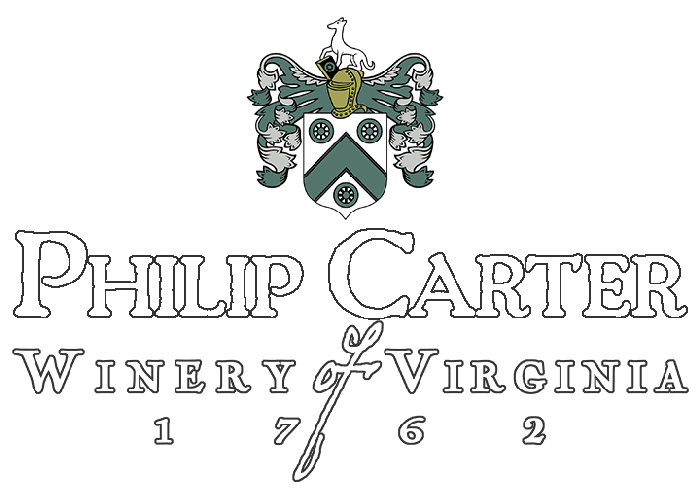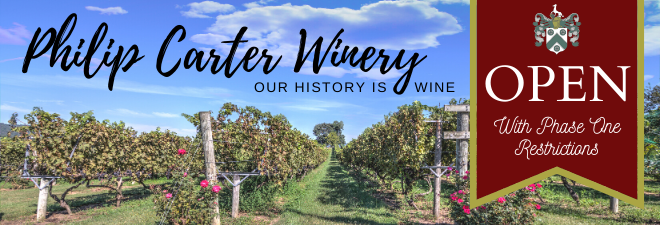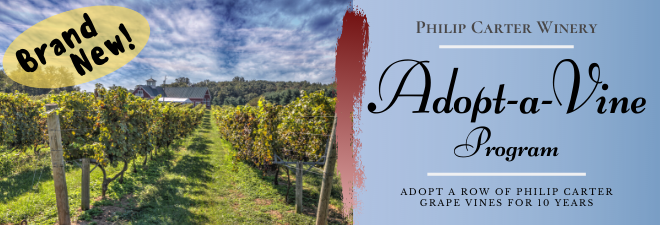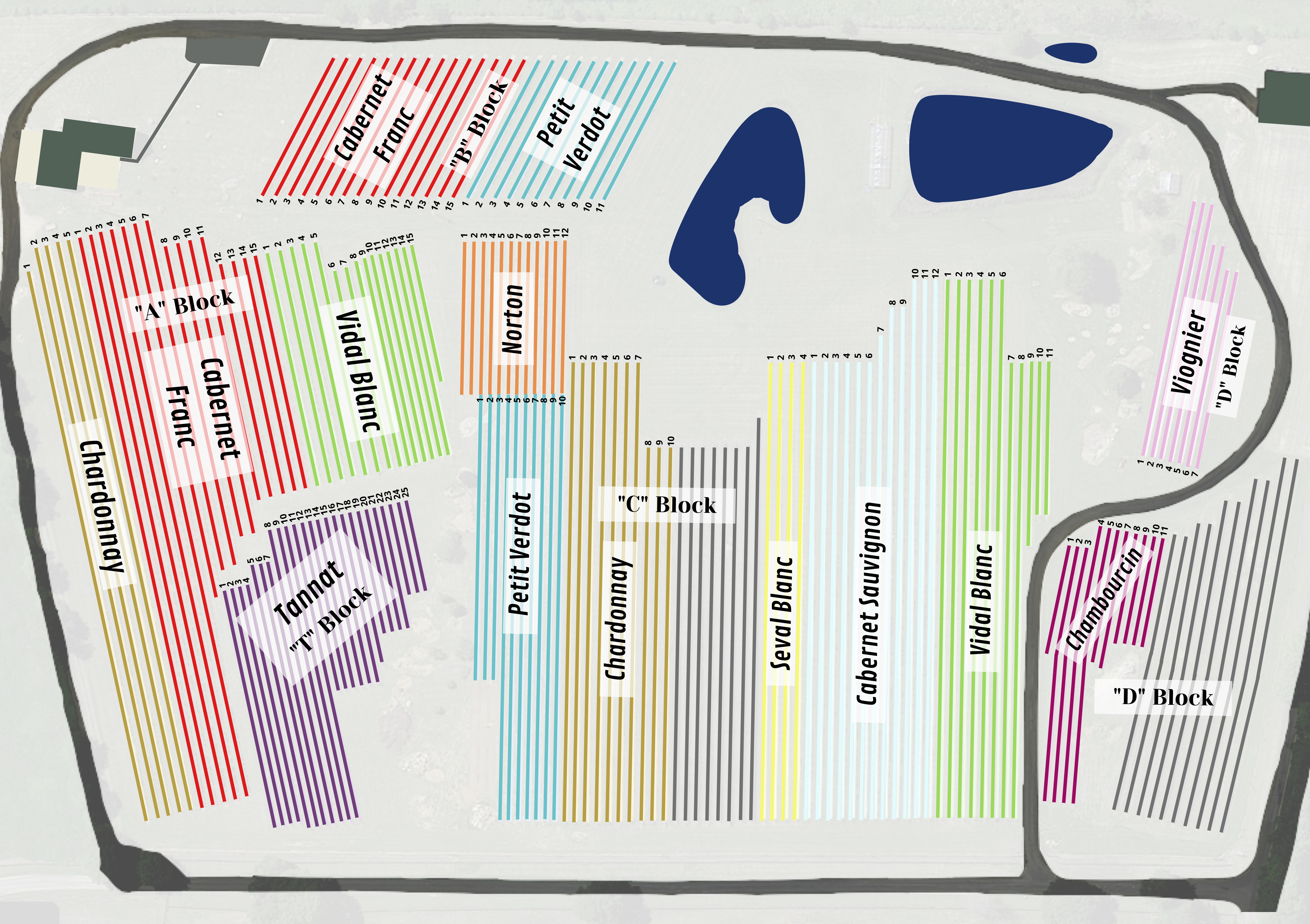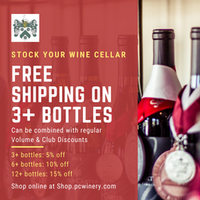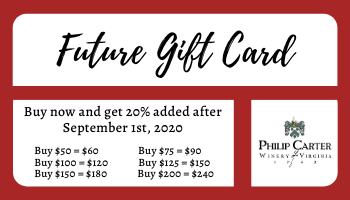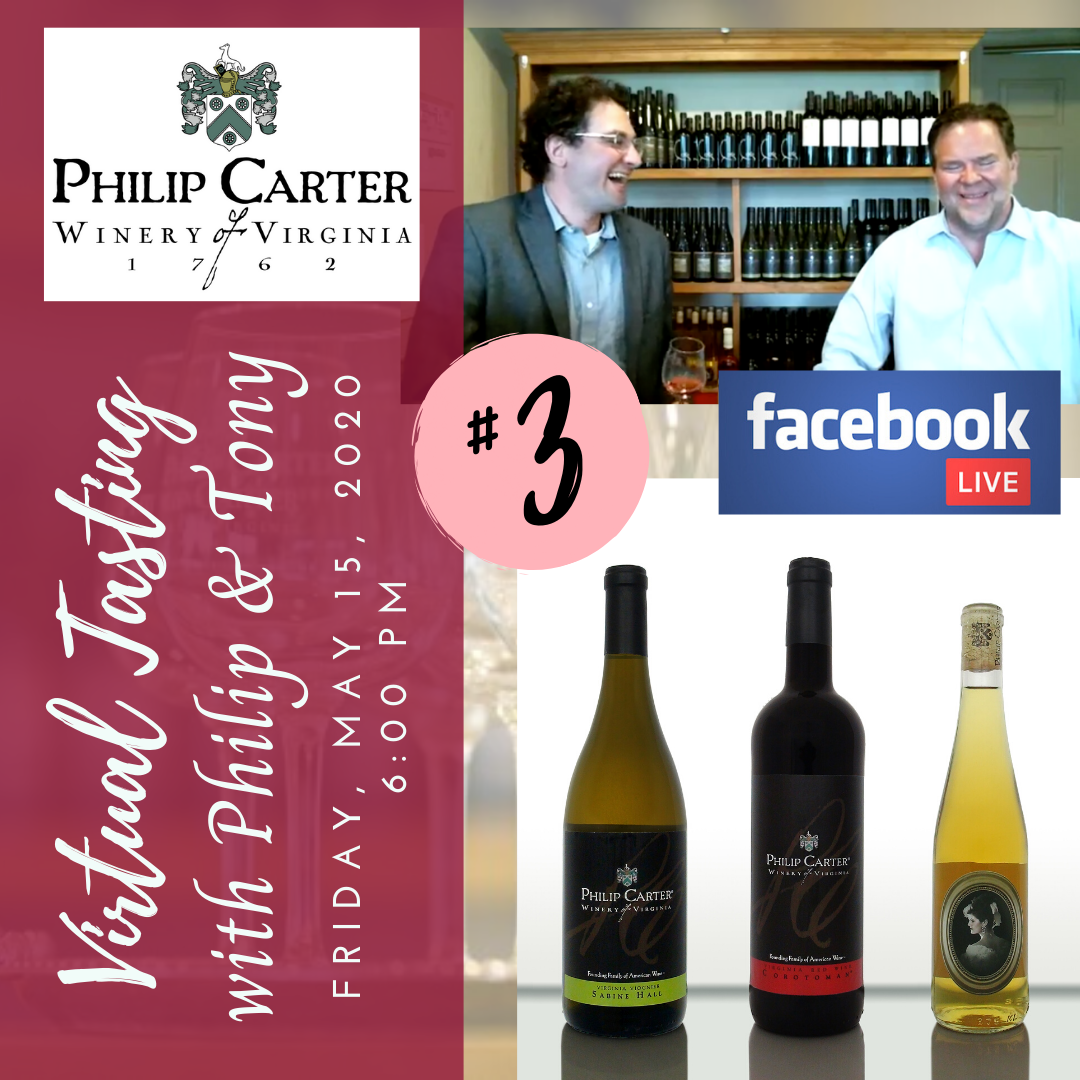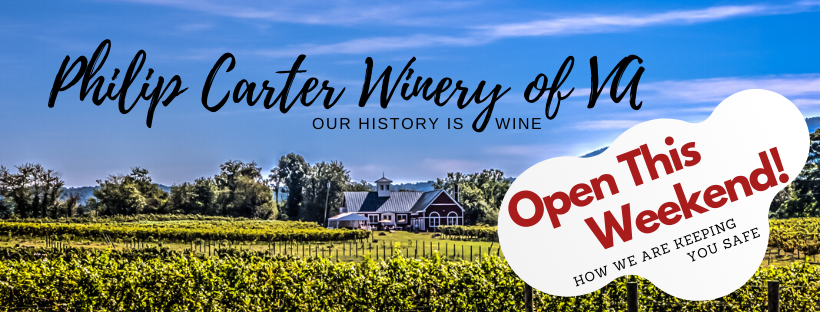Hi,
My name is Tony McDonnell, if I haven’t met you yet, I am the Winemaker at Philip Carter Winery. I wanted to give you an update on what is happening in our vineyard right now.
Something you might hear me saying a lot this time of year is “hope springs eternal,” a quote from Alexander Pope’s An Essay on Man. With the first day of spring about a month away, this is a very optimistic time in the wine industry. 2020 presented some of the most unique challenges any of us have ever seen, the biggest of which was totally outside of our control. Overall, I am very happy with the wines we produced in 2020, and it will certainly go down as one of the most memorable vintages of my career. Keep an eye out for our 2020 “fresh wines” like Governor Fauquier, Rosewell, Sabine Hall, and the Ten Vines red blend, which were bottled within the last month and are hitting shelves soon.
On Tuesday, February 16th, the vineyard crew and I made our first pruning cuts in our Chambourcin block, and just like that, we’re on to 2021. Most of the 2020 reds (Petit Verdot, Tannat, Cab Franc, Norton) and Chardonnay will be allowed to continue to develop for a bit longer while we shift our focus to the vineyard. In our area, grapevines typically break bud (start growing for the year) around the middle of April. Between now and then, the crew and I have about 15 acres of vines to prune, along with a handful of other tasks. Now is the time we make sure our trellis wires are tight, our adopt-a-vine signs are shining, and the vines are set up to give us another great crop.
Pruning grapevines is hard work but has an almost therapeutic quality to it at times as well. We cut the vines back, taking out the vast majority of last year’s growth, so they can focus their energy on growing new shoots, which will give us this year’s crop. Grapevines fruit on a two-year cycle – in 2020 they developed buds, which will produce shoots and fruit in the year 2021. Those new shoots will also develop buds in 2021, which will be our crop for 2022. Our focus is on getting exactly how many buds we want and having them exactly where we want them. What we cut off, we burn. Old wood, especially once it’s no longer attached to the vine, can quickly become a source of contamination for the living plants.
Outside of harvest, March tends to be our busiest month at the winery. While pruning is the single biggest task, we also have to get ready for spring planting, typically done in May. We are putting in close to three acres of grapevines this year, spread between the Philip Carter property and Strother Family Vineyards, our sight in Delaplane. Cleaning up from pruning is a large undertaking in and of itself, plus we work to prep the grounds of the winery for the upcoming year – the recent wet weather conditions making this all the more important. And of course, lest we forget, our wines in the cellar still need attention as they make their march towards the bottle.
I am particularly excited about an event we are hosting on April 17th at Valley View Farm. We are calling it our Spring Picnic, and we will be hosting adopt-a-vine and wine club members for a hike up to Strother Family Vineyards, and a discussion on all things viticulture with a picnic will follow. Be on the lookout for more details about the event coming soon. I hope to see you all there!
Additionally, if you are available, I invite you to join me on Facebook Live this Friday, February 26th at 6 pm for our upcoming Virtual Tasting. If you need the info about it you can find it here.
Until then, Cheers!
Tony McDonnell
Winemaker, Philip Carter Winery
